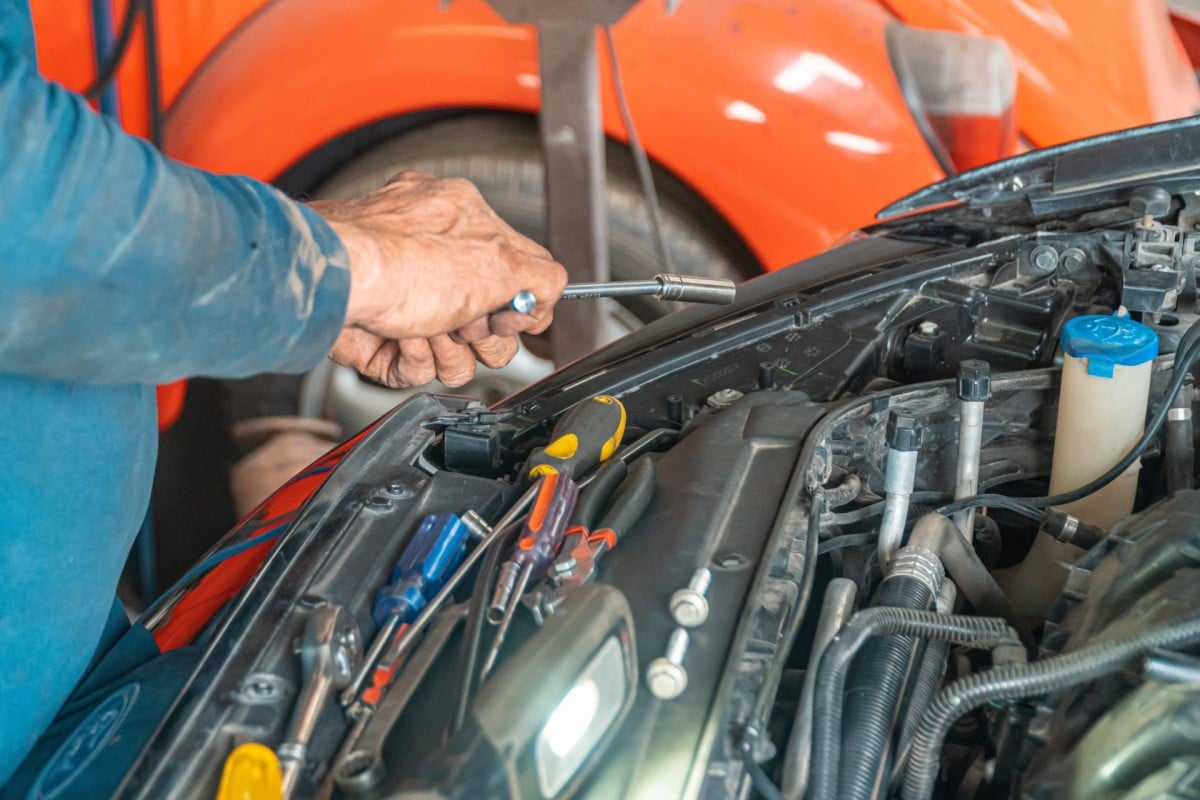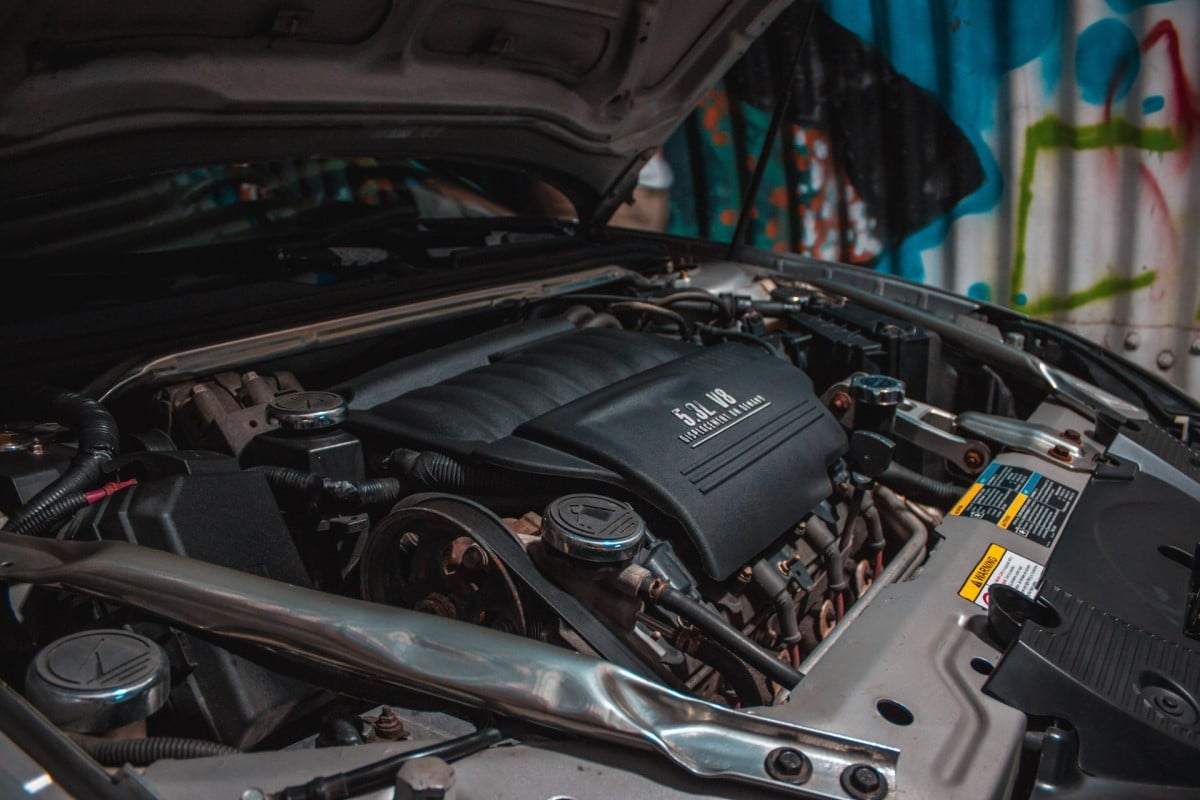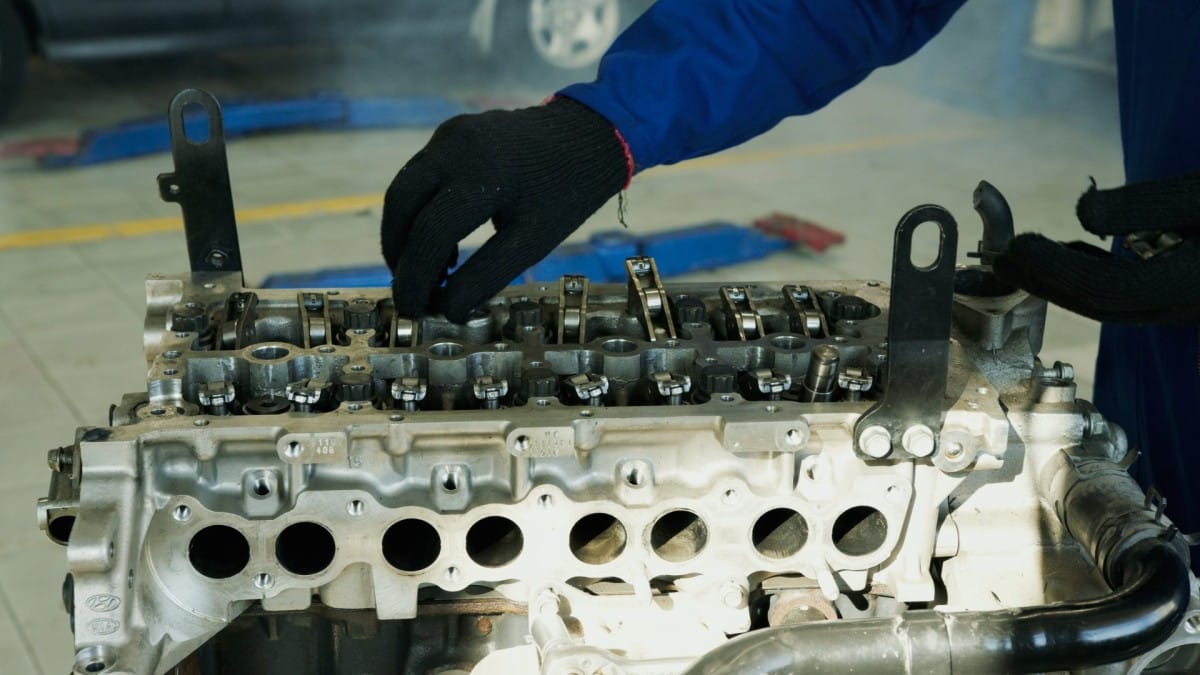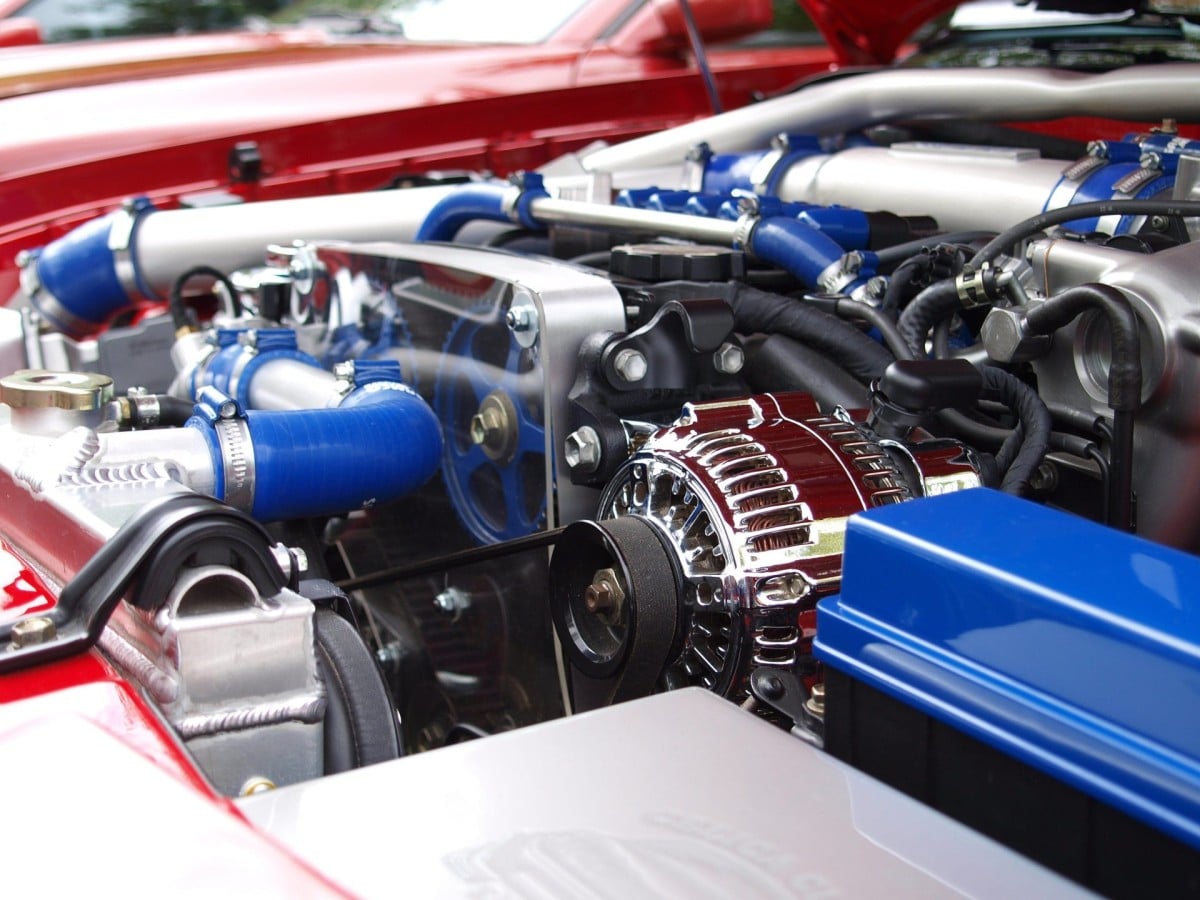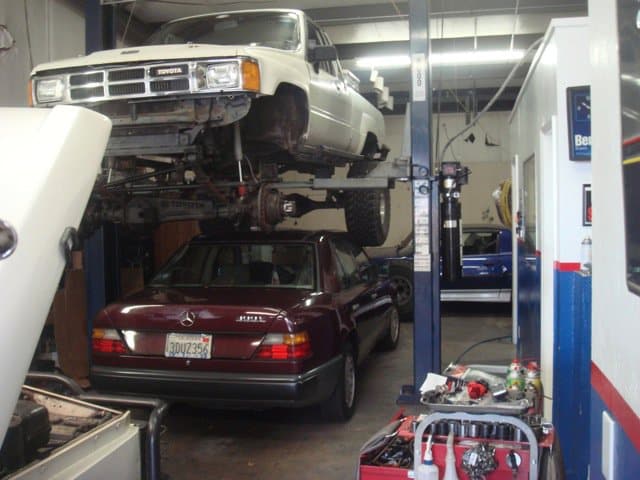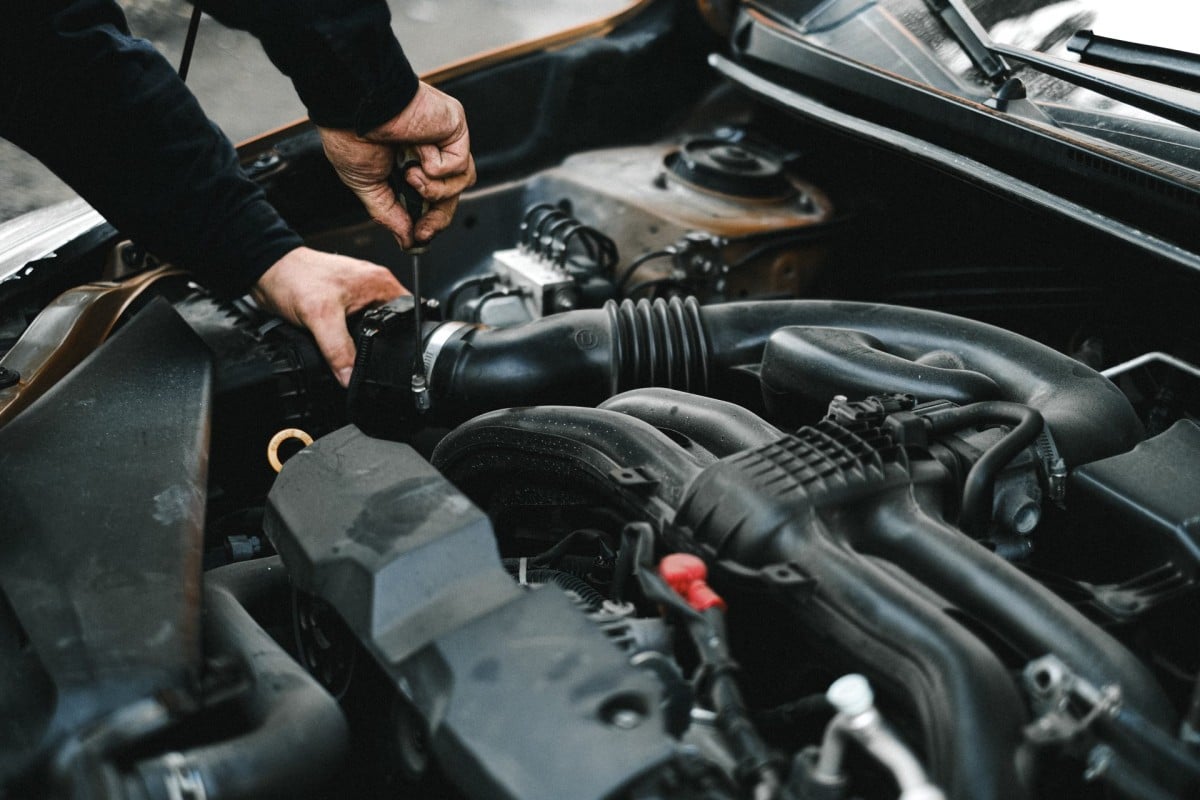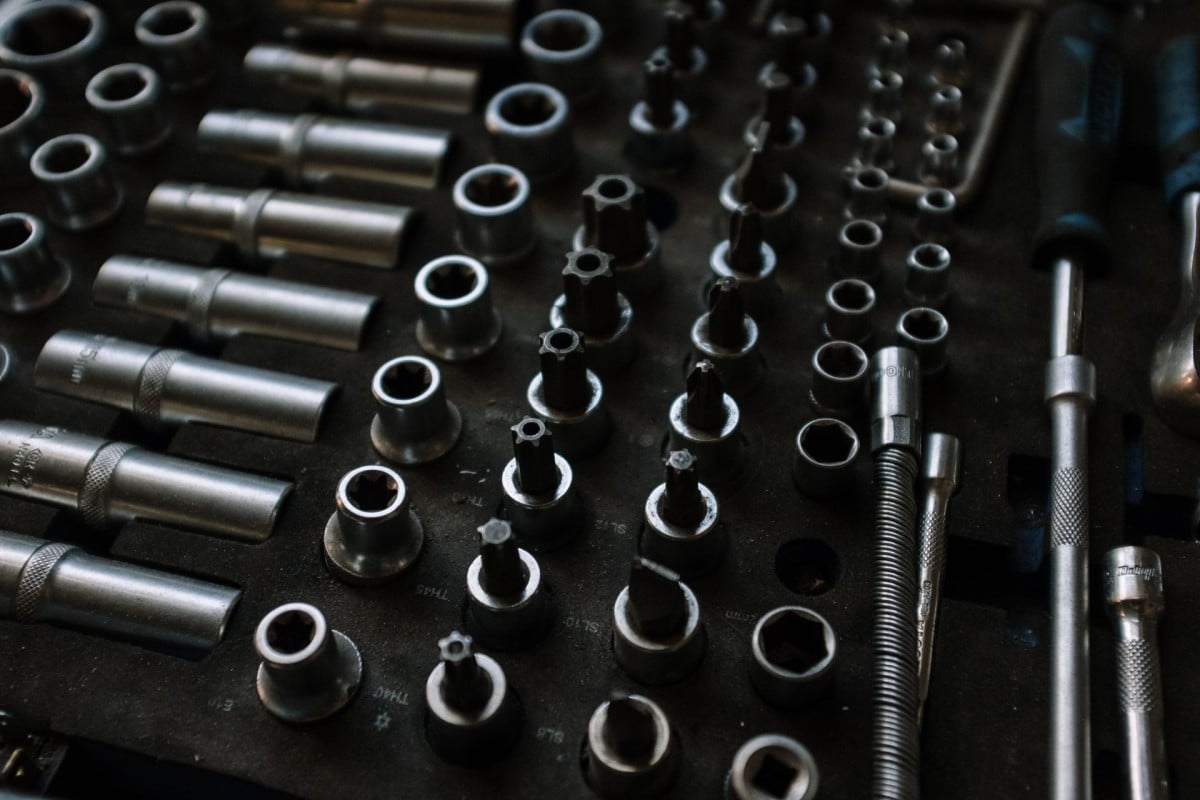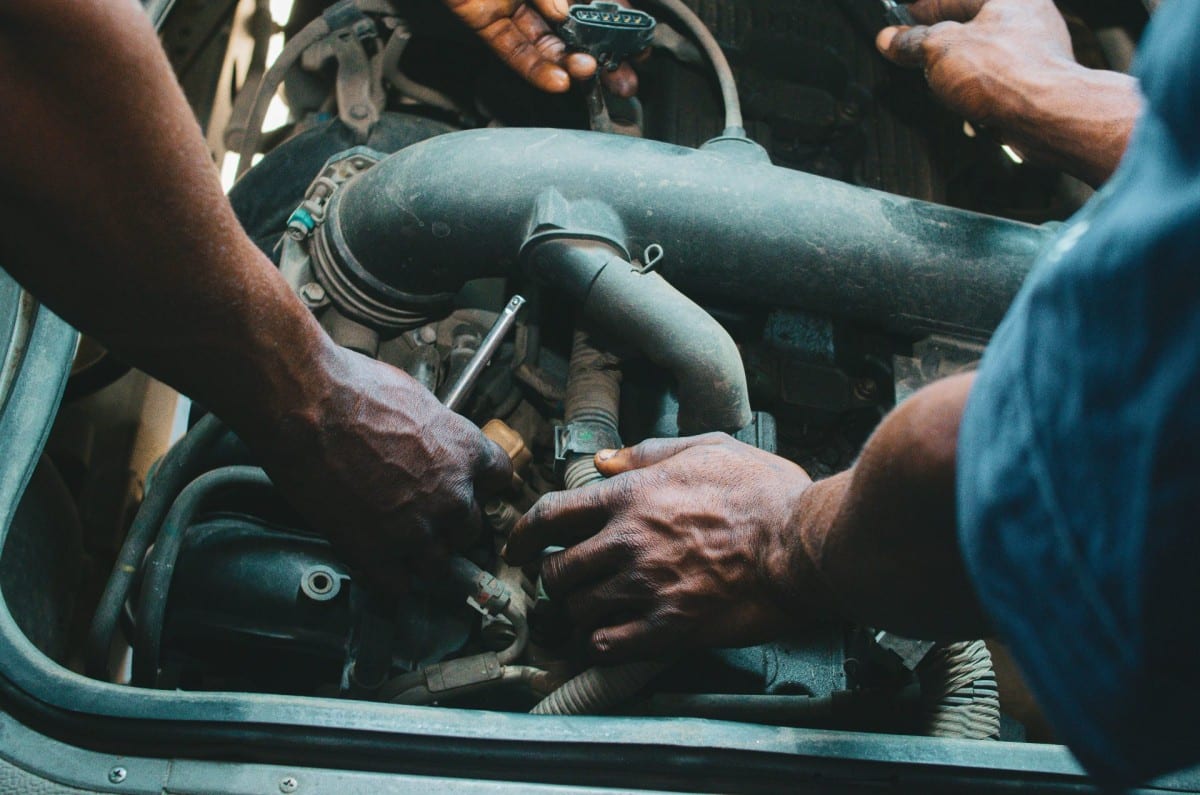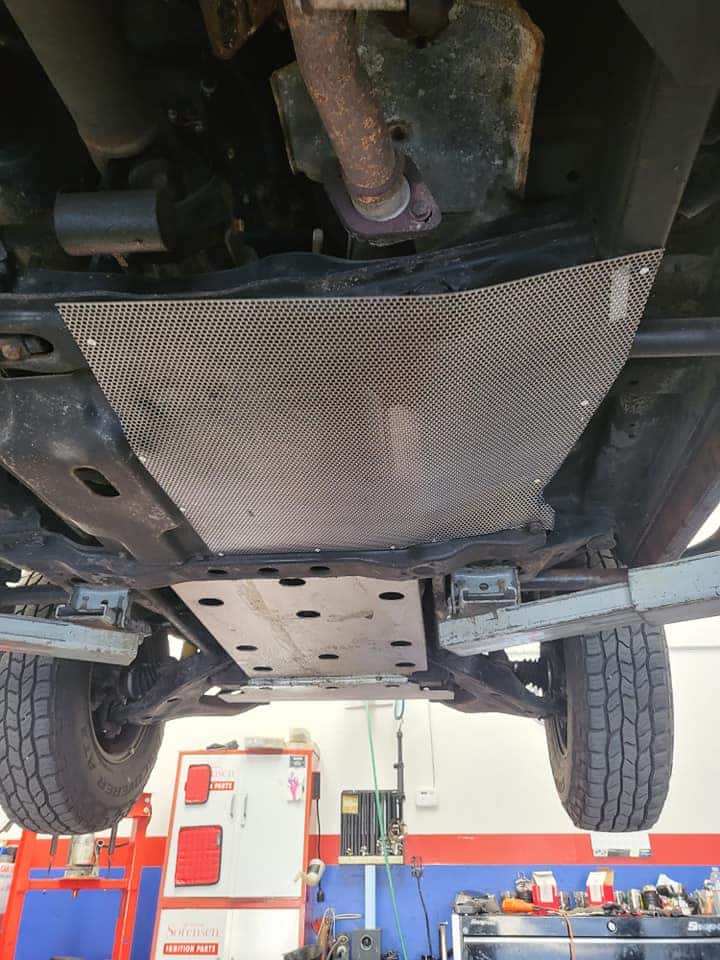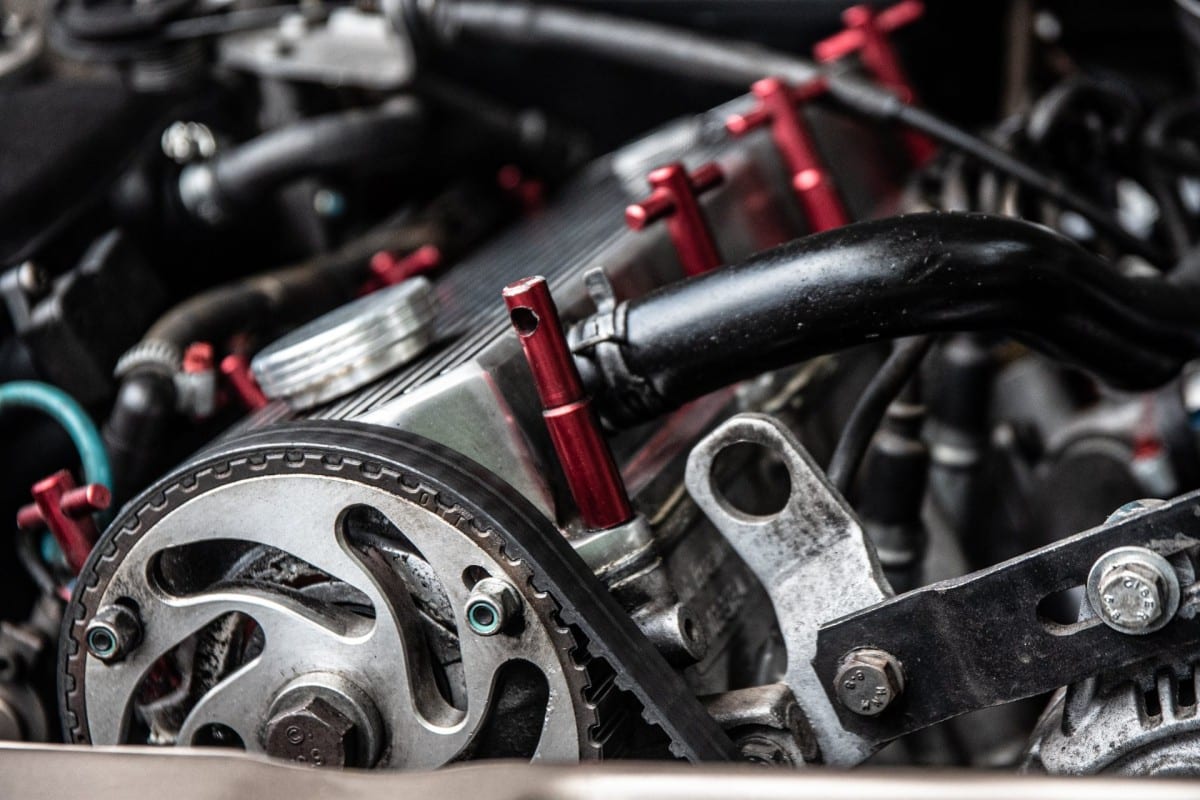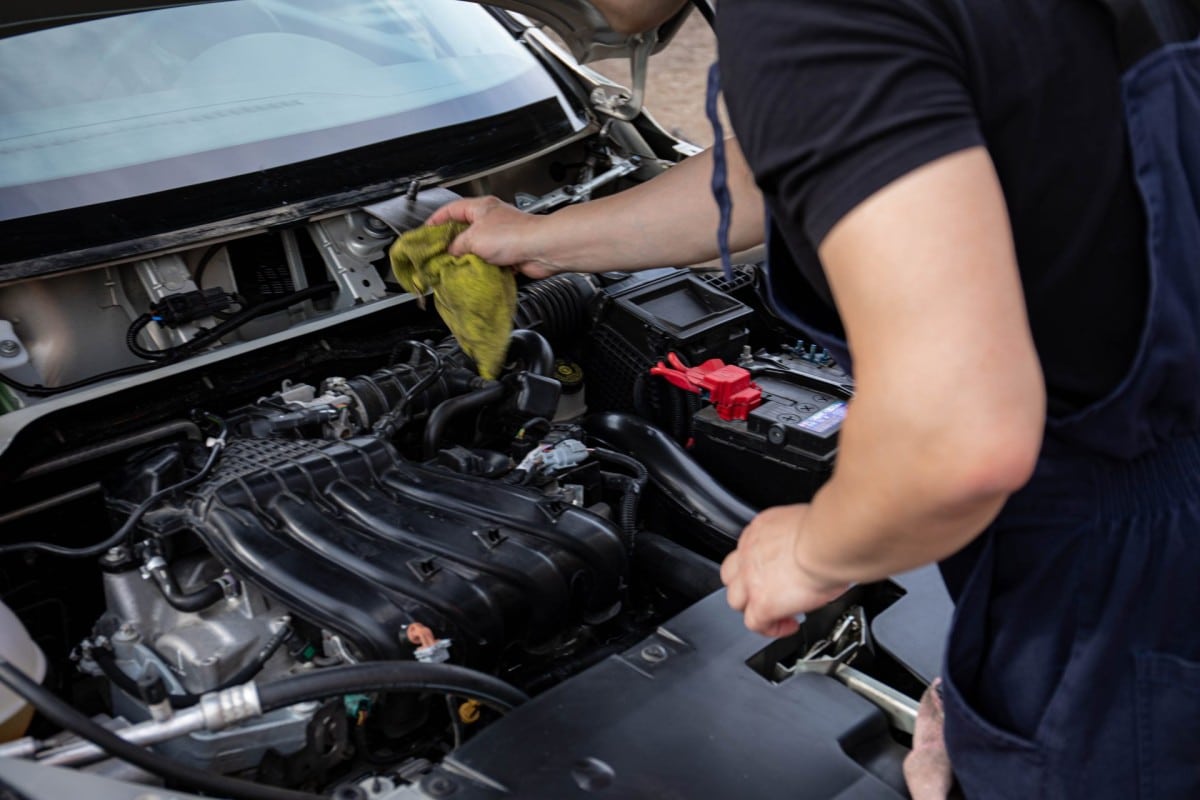It's a common scenario. You turn the key in your vehicle's ignition, and instead of the engine roaring to life, you're greeted with silence. A dead starter can be the culprit behind this frustrating situation. When it comes to replacing this crucial auto part, you have two options: OEM (Original Equipment Manufacturer) starters or aftermarket starters. Understanding the distinctions between the two can help you make an informed decision.
What exactly is an OEM Starter?
OEM starters are parts produced by the original vehicle manufacturer. They're identical to the part that came with your vehicle when it rolled off the assembly line. They're designed to perfectly fit and function with your specific make and model. Since they are produced by the car's manufacturer, they adhere to the strict quality control standards established by the manufacturer. For example, if you own a 2019 Honda Accord, the OEM starter for your vehicle would be produced by Honda.
What about Aftermarket Starters?
On the other hand, aftermarket starters are produced by companies other than the original manufacturer. These parts can vary widely in terms of quality, performance, and price. They offer a broader range of options, as several companies often produce parts for the same vehicle. This means, they may not fit or perform exactly like the original part. However, this doesn’t mean they are inferior. In fact, some aftermarket parts may even outperform their OEM counterparts. Using the same example, if you own a 2019 Honda Accord, an aftermarket starter for your vehicle might be produced by a company like Bosch or Denso.
Comparing the Two: Pros and Cons
When comparing OEM and aftermarket starters, there are several factors to consider. OEM starters offer guaranteed quality, perfect fit, and ease of choice. However, they often come with a higher price tag and may only be available at the dealership.
Aftermarket starters, in contrast, offer a wider variety, competitive prices, and can often be found at multiple auto parts stores. The downside is that the quality and fit can be hit or miss. Some may be well-built and perform better than the OEM part, while others may be poorly made and fail prematurely.
So, Which One Should You Choose?
The choice between an OEM and aftermarket starter will largely depend on your specific circumstances. If you're the kind of car owner who prioritizes reliability and peace of mind, and doesn't mind paying a bit more, an OEM starter could be the right choice for you.
However, if you're working with a tighter budget, or if you're willing to do some research to find a quality aftermarket part, this could be a valid option. Just keep in mind, not all aftermarket starters are created equal.
Ultimately, the decision between OEM and aftermarket starters is a personal one, based on factors such as budget, vehicle make and model, and personal preference. Remember, it's always a good idea to consult with a trusted auto repair professional when making these kinds of decisions.
With expertise in both OEM and aftermarket parts, Sartorial Auto Repairs can help guide you in making the best choice for your vehicle. Don't let a dead starter keep you from hitting the road. Contact us today for expert advice and service.


